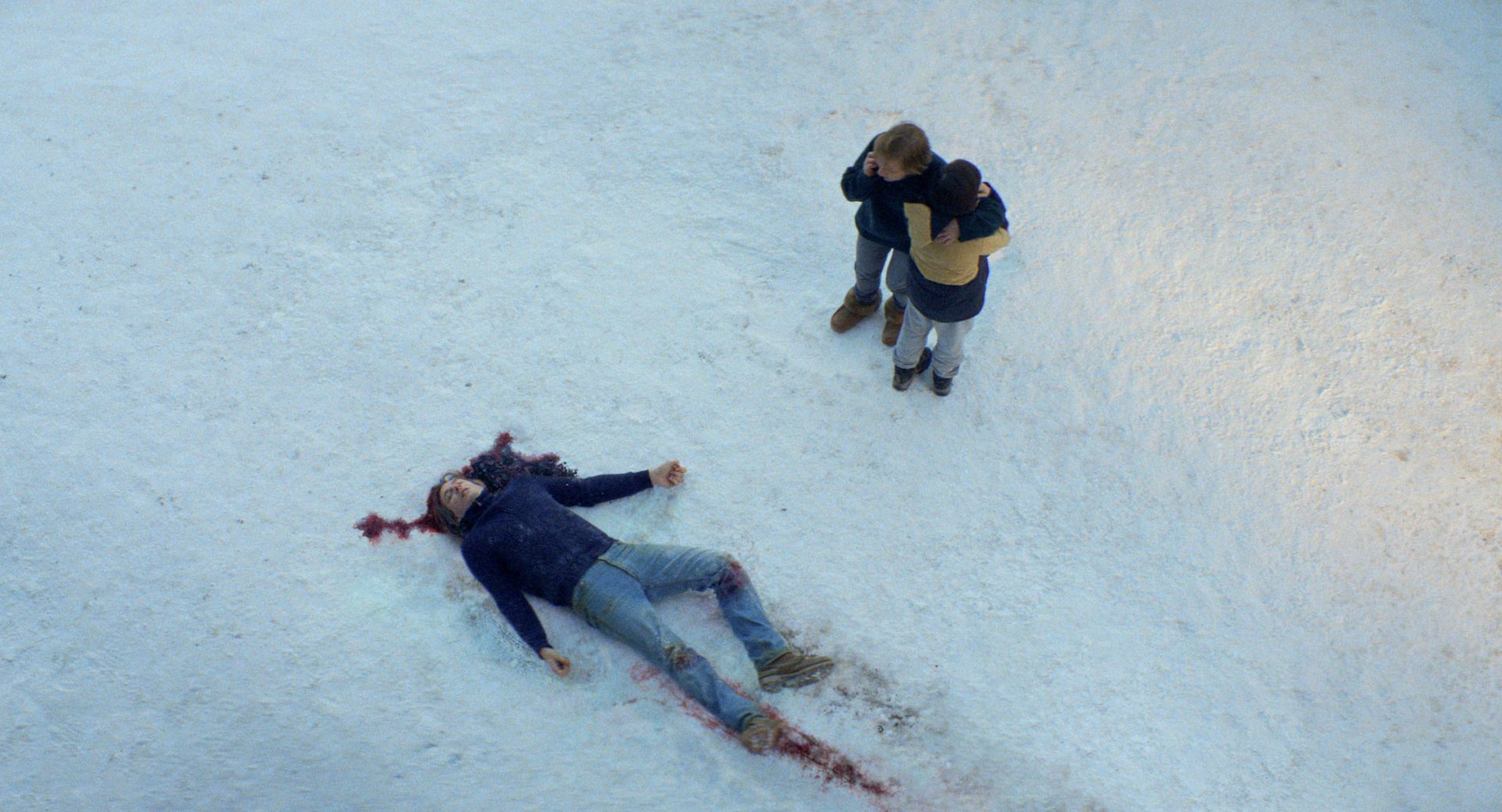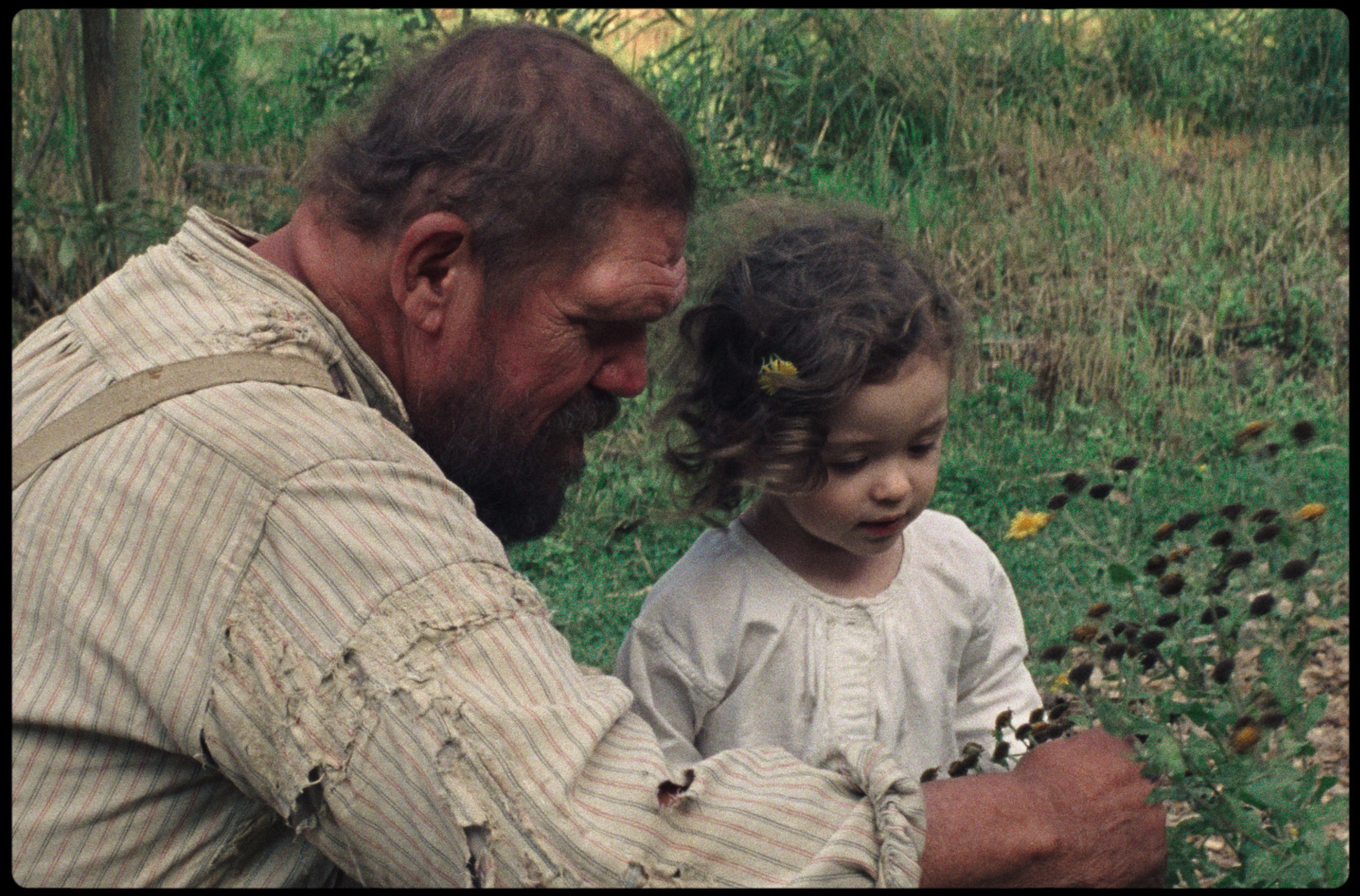You would expect a courtroom drama to be built around damning pieces of evidence, passionate speeches, or certain social issues lending weight to the investigation. But what makes Justine Triet's Palme d'Or-winning Anatomy of a Fall so remarkable is how direct it is. Triet doesn't treat this case like a puzzle for the audience to participate in solving; instead she fashions this trial into a portrait of a family being eroded by even just the suggestion of distrust. It ultimately has far less to do with who's responsible for the death of a man, and more to do with the challenge of facing the reality that the people we love are capable of being cruel and callous to others.
Which isn't to say that Anatomy of a Fall doesn't still possess qualities that make it a great courtroom drama—doubt only continues to pile up with every new piece of information that's revealed to the audience, until we begin to interpret characters' expressions and actions in a contradictory ways. But the way Triet executes these reveals is just so skillful, choosing precisely how to let details slip and obscuring everything behind faulty memory, intentional dishonesty, or any other obstacles that usually come up during an investigation.
Genre: Crime, Drama, Mystery, Thriller
Actor: Alexandre Bertrand, Anne Rotger, Anne-Lise Heimburger, Antoine Bueno, Antoine Reinartz, Arthur Harari, Camille Rutherford, Christophe Devaux, Cyril Karenine, Emmanuelle Jourdan, Florent Chasseloup, Iliès Kadri, Isaac Abballah, Jean-Pierre Bertrand, Jehnny Beth, Judicaël Ajorque, Kareen Guiock, Laura Balasuriya, Maud Martin, Milo Machado-Graner, Nesrine Slaoui, Nicholas Angelo, Nola Jolly, Pierre-François Garel, Saadia Bentaïeb, Sacha Wolff, Samuel Theis, Sandra Hüller, Sandrine Chastagnol, Savannah Rol, Sophie Fillières, Swann Arlaud, Wajdi Mouawad
Director: Justine Triet


